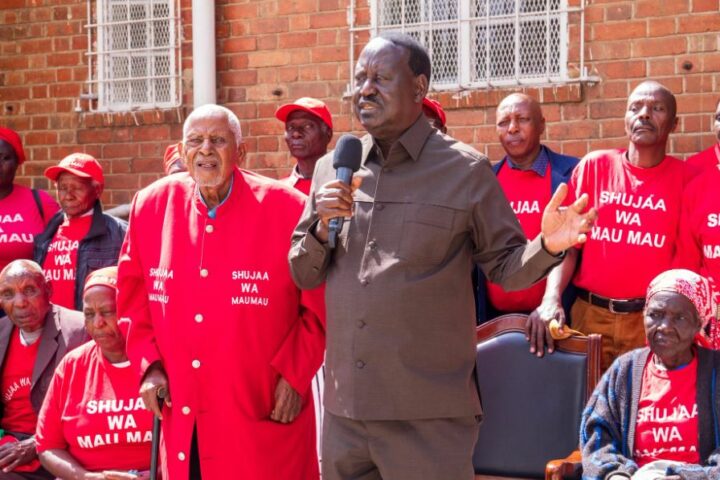 The Financial Reporting Centre (FRC) will now impose sanctions for violations of the proceeds of crime.
The Financial Reporting Centre (FRC) will now impose sanctions for violations of the proceeds of crime.
This follows the Cabinet’s approval of the draft Anti-Money Laundering and Combating of Terrorism Financing Laws (Amendment) Bill, 2023.
If enacted by Parliament, FRC, the anti-money laundering agency, will have the power to show the instances under which it might request the revocation of a reporting institution’s license.
The Bill enhances the penalties for violations of declarations for cross-border currency, aligning them with the Financial Action Task Force (FATF) standards.
It further amends the Insurance Act, providing for the licensing of insurance companies.
The current regime provides for registration, which is a deficiency for financial institutions subject to core principles.
The Bill further aligns the reporting requirement by making Reporting Institutions report suspicious transactions promptly upon forming the suspicion.
Besides raising the cash transaction reporting threshold from $10,000 (Ksh.1.4 million) to $15,000 (Ksh.2.1 million), the Bill provides for the requirement for companies to keep a register of beneficial owners.
In the Tuesday meeting at State House, the Cabinet also approved the introduction and accreditation of Bridging Courses.
In this new move, which seeks to enhance access to quality university education, the Ministry of Education will develop guidelines to support the implementation of the courses.
The Cabinet also gave a nod to a Tree Planting and Nurturing Programme in learning institutions across the country.
Led by the Ministries of Education and Environment, Climate Change and Forestry, this initiative will be tasked with the Government’s tree planting and restoration to achieve 30 per cent tree cover by 2030.
The programme will establish tree nurseries in more than 45,000 schools, engaging millions of learners and teachers to plant and nurture trees.
Further, the Cabinet approved the Climate Change (Amendment) Bill, signalling Kenya’s commitment to strengthening its involvement in carbon markets.
Kenya has been actively participating in carbon markets for over 20 years, contributing to sustainable development and technology transfer.
However, the absence of a legal framework has created regulatory uncertainty, hindering full market engagement.
The Bill is expected to address these challenges by legislating on carbon markets, controlling and managing trading activities.
It aligns with international commitments under the Paris Agreement and demonstrates Kenya’s dedication to fostering a sustainable low-carbon future.
Cabinet also approved the Acquisition of Kenya Petroleum Refineries by the Kenya Pipeline Company Limited.
-PCS








